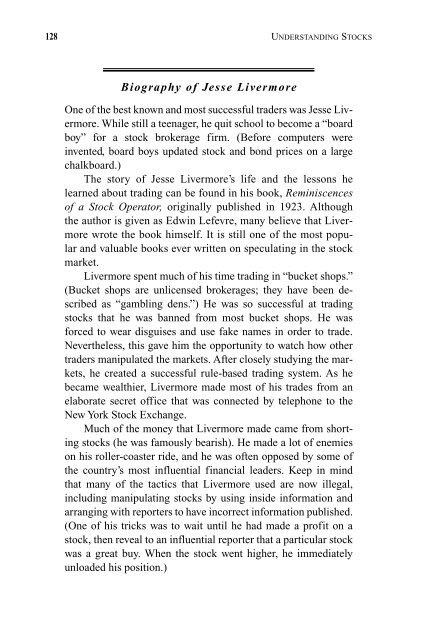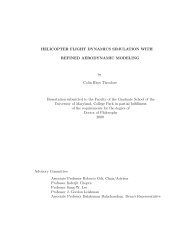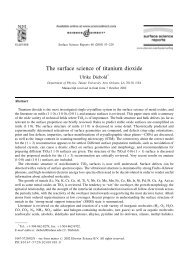Understanding Stocks
Understanding Stocks
Understanding Stocks
Create successful ePaper yourself
Turn your PDF publications into a flip-book with our unique Google optimized e-Paper software.
128 UNDERSTANDING STOCKS<br />
Biography of Jesse Livermore<br />
One of the best known and most successful traders was Jesse Livermore.<br />
While still a teenager, he quit school to become a “board<br />
boy” for a stock brokerage firm. (Before computers were<br />
invented, board boys updated stock and bond prices on a large<br />
chalkboard.)<br />
The story of Jesse Livermore’s life and the lessons he<br />
learned about trading can be found in his book, Reminiscences<br />
of a Stock Operator, originally published in 1923. Although<br />
the author is given as Edwin Lefevre, many believe that Livermore<br />
wrote the book himself. It is still one of the most popular<br />
and valuable books ever written on speculating in the stock<br />
market.<br />
Livermore spent much of his time trading in “bucket shops.”<br />
(Bucket shops are unlicensed brokerages; they have been described<br />
as “gambling dens.”) He was so successful at trading<br />
stocks that he was banned from most bucket shops. He was<br />
forced to wear disguises and use fake names in order to trade.<br />
Nevertheless, this gave him the opportunity to watch how other<br />
traders manipulated the markets. After closely studying the markets,<br />
he created a successful rule-based trading system. As he<br />
became wealthier, Livermore made most of his trades from an<br />
elaborate secret office that was connected by telephone to the<br />
New York Stock Exchange.<br />
Much of the money that Livermore made came from shorting<br />
stocks (he was famously bearish). He made a lot of enemies<br />
on his roller-coaster ride, and he was often opposed by some of<br />
the country’s most influential financial leaders. Keep in mind<br />
that many of the tactics that Livermore used are now illegal,<br />
including manipulating stocks by using inside information and<br />
arranging with reporters to have incorrect information published.<br />
(One of his tricks was to wait until he had made a profit on a<br />
stock, then reveal to an influential reporter that a particular stock<br />
was a great buy. When the stock went higher, he immediately<br />
unloaded his position.)

















